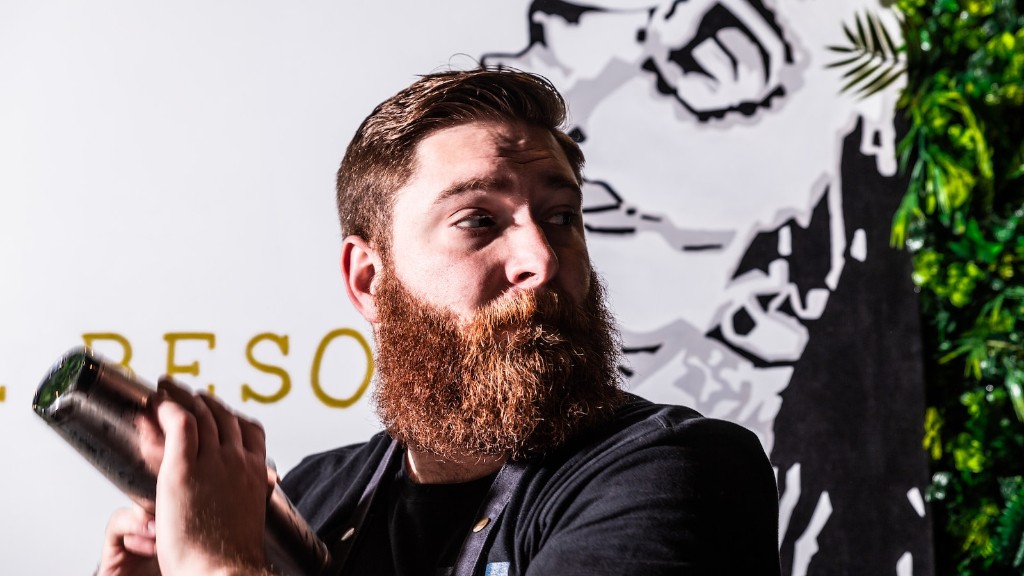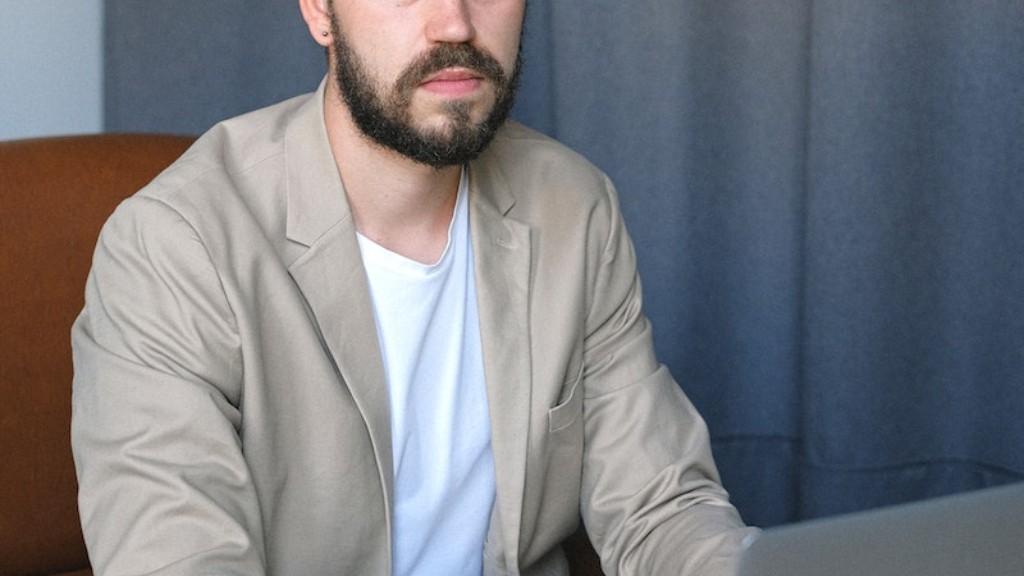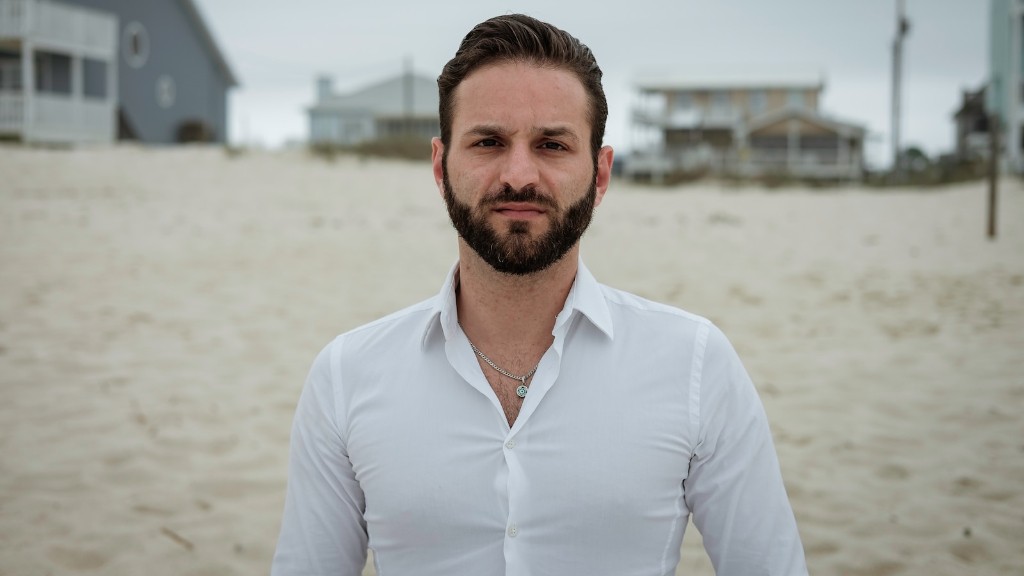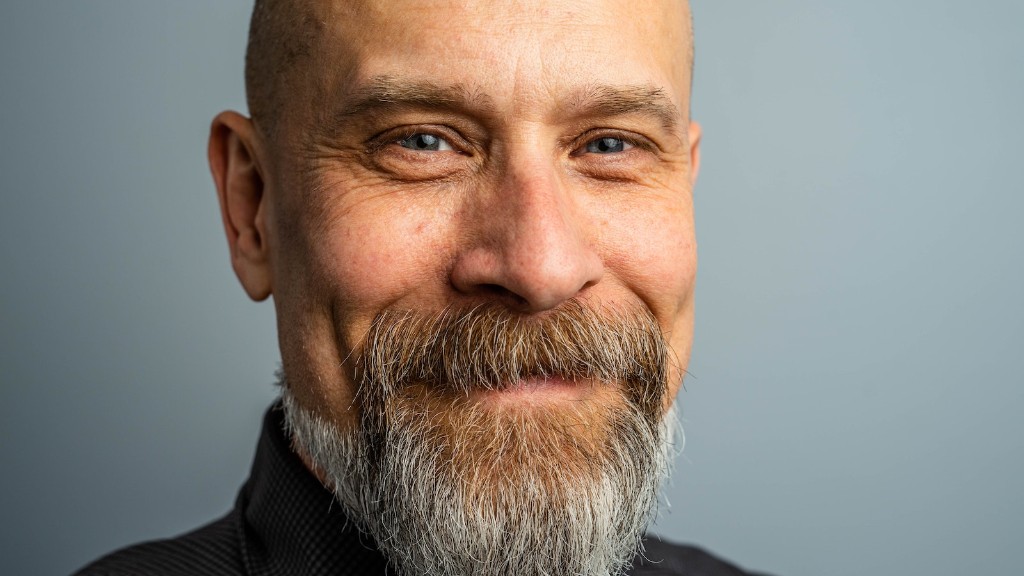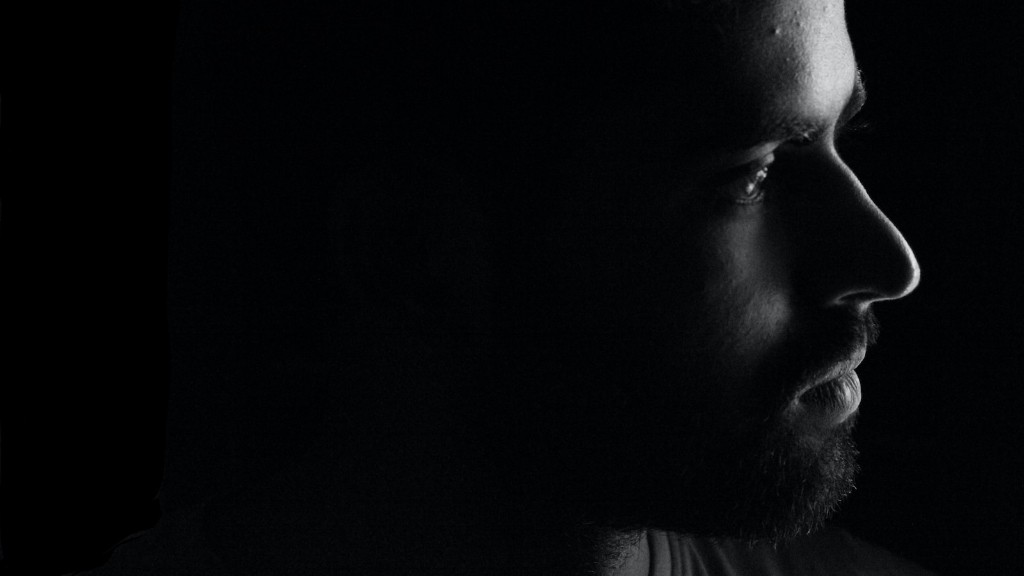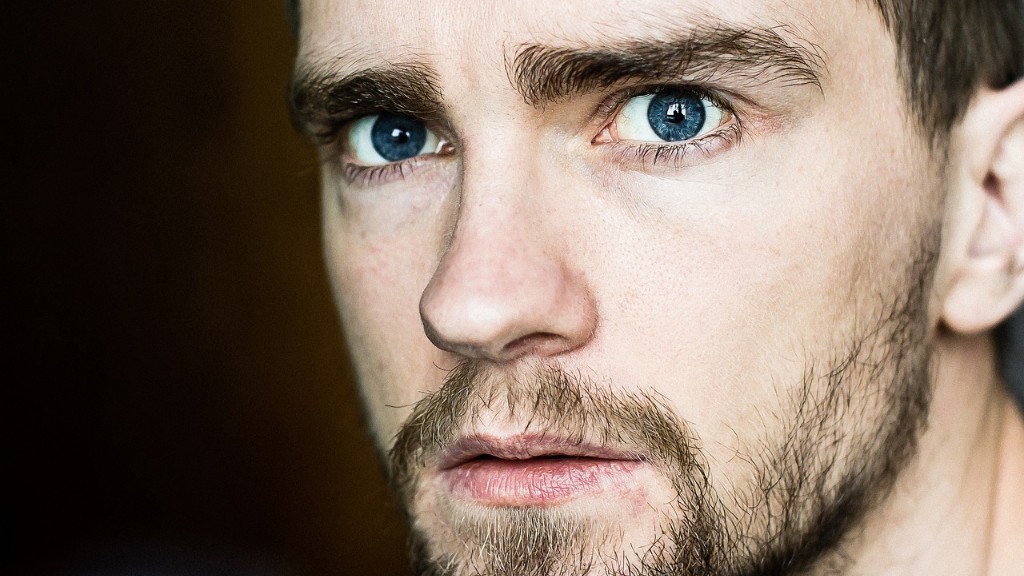No, not everyone can grow a beard. Some people can’t grow facial hair at all, no matter how hard they try, while others can only grow very patchy beards. Then there are those who can grow thick, full beards but choose to shave them off. So, if you’re wondering if you can grow a beard, the answer is maybe.
No, not everyone can grow a beard. Some people can’t grow facial hair at all, while others can only grow very patchy, thin beards.
How do you tell if you can’t grow a beard?
If you’re wondering if you can grow a beard, there are a few things to consider. Genetics is one of the major determining factors behind the thickness of your beard growth. Age, ethnicity, and even bearded ancestors can all play a role in how thick your beard can grow. Additionally, unhealthy habits like smoking and consuming alcohol can hinder your ability to grow a thick, full beard. Finally, low testosterone levels can also impact your ability to grow a beard. If you have any of these factors working against you, it may be difficult to grow a thick, full beard.
There are a number of reasons why some people struggle to grow facial hair, with genetics being the largest factor. Dr. Adam Geiger, a board certified dermatologist, says that “beard growth is determined by the density of beard hair follicles on a person’s face.” He goes on to explain that this density is largely determined by genetics, meaning that if your parents or grandparents could grow thick beards, you’re more likely to be able to as well.
What percentage of men Cannot grow a beard
There are many reasons why some men have difficulty growing facial hair, from genetic factors to simple changes in hormone levels. Whatever the cause, it can be frustrating for those who want to grow a beard but can’t seem to make it happen. Studies have shown that up to 50% of men have this problem, so you’re definitely not alone. If you’ve been trying to grow a beard but haven’t had much success, don’t give up hope. There are a number of things you can try that may help encourage growth. Talk to your doctor about your options and find the best solution for you.
It’s interesting to note that genetics can play a role in how facial hair grows. For example, some men may have a full beard by age 18, while others may not reach their full potential until age 30. Ethnicity can also be a factor, as some men of certain ethnicities may have thicker, coarser facial hair than others.
At what age does beard grow fully?
Most men will have a full beard by their early 20s, but some may need to wait until they hit 30 to reach full beard growth. Puberty might initiate the facial hair growing process, but how fast and thick your beard grows will depend on factors that we’ll discuss below, including genetics and hormone levels.
There are a few potential reasons why some men do not grow proper beards. The most common cause is genetics, which means it may run in your family. Another potential reason is low testosterone levels. Even if the levels of testosterone are normal, you may not have the necessary receptors for beard growth.
Will testosterone make me grow a beard?
Facial hair growth is largely determined by genetics and hormones. However, health and lifestyle habits can also play a part in how quickly and fully your beard will ultimately grow. Testosterone, a hormone, is a major contributor to facial hair growth. Therefore, things that increase testosterone levels in the body, such as exercise and a healthy diet, can also promote facial hair growth.
It is commonly believed that beards are a sign of high testosterone levels and dominance. However, a recent study found that there is no correlation between beard length and testosterone levels. Therefore, beards cannot be used as an accurate indicator of a man’s testosterone levels or dominance.
Why can’t I grow a beard at 21
It is natural for young men to want to have a full beard like the celebs and stars they see on television and in movies. However, it is important to understand that this may not be possible for everyone. The pubertal process, which is responsible for facial hair growth, begins during late adolescence. Testosterone, the androgen hormone, is responsible for facial hair growth in males. So, if you are not producing enough testosterone, you may not be able to grow a full beard.
There is no doubt that genetics play a role in whether or not someone can grow thick facial hair. However, there are also many people who don’t have the right genes but still manage to grow thick facial hair. There are also people who have the right genes but don’t give themselves the best chance to grow thick facial hair. Ultimately, it is up to the individual to decide whether or not they want to grow thick facial hair.
Can Asians grow beards?
There are a number of reasons why Asian men may not have a lot of facial hair or beards. One reason could be due to genetics – Asian men may simply not have the same ability to grow facial hair as other men. Another reason could be cultural – in many Asian cultures, facial hair is seen as being dirty or unclean, and so men may not want to grow it. Finally, it could simply be a matter of personal preference – some men may simply not want to have facial hair. Whatever the reason, it’s clear that not a lot of Asian men have facial hair or beards.
Beards can protect your face against the elements, such as keeping your face warm from the wind and cold weather,” says Dr Mona Mofid, a board-certified dermatologist affiliated with Sharp Grossmont Hospital “Depending on the thickness, it can also shield your face from the sun’s harmful UV rays. Dr Mofid recommends that people with fair skin use SPF 30 or higher sunscreen, and those with darker skin tones use SPF 15 or higher sunscreen, even if they have a beard.
Do beards get thicker with age
Yes, it is possible for your beard to become thicker with age. However, it is important to note that this process can take years to achieve the desired fullness and density. The exact amount of growth will depend on a number of factors, such as genetics, diet, stress levels, and overall health. All of these things can affect hair growth in general. Therefore, it is important to be patient and understand that it may take some time to see results.
Shaving hair does not change its thickness, color or rate of growth. The hair may appear darker or thicker for a time after shaving, but this is only due to the blunt tip of the hair. The hair will eventually grow out and the bluntness will go away.
What stimulates beard growth?
From what we know, Testosterone and DHT are both androgens (male sex hormones) that play a role in regulating and stimulating facial hair growth. In most cases, higher levels of Testosterone and DHT result in faster, thicker, and better beard growth. However, there can be exceptions to this rule – some men may have low levels of Testosterone but still be able to grow a thick and healthy beard. On the flip side, other men may have high levels of Testosterone but are unable to grow anything more than patchy facial hair. So it’s really a case-by-case basis. But in general, if you want to maximise your beard growth potential, it’s important to have healthy levels of Testosterone and DHT.
beard growth usually stops around age 35, though it can vary from person to person. Some men gradually grow thinner, patchier beards as they age, while others cease beard growth more abruptly.
Final Words
No, not everyone can grow a beard. Some people are unable to grow facial hair, or can only grow very thin, patchy beards.
No, not everyone can grow a beard. Some people are unable to grow facial hair, or can only grow very thin, patchy beards.
